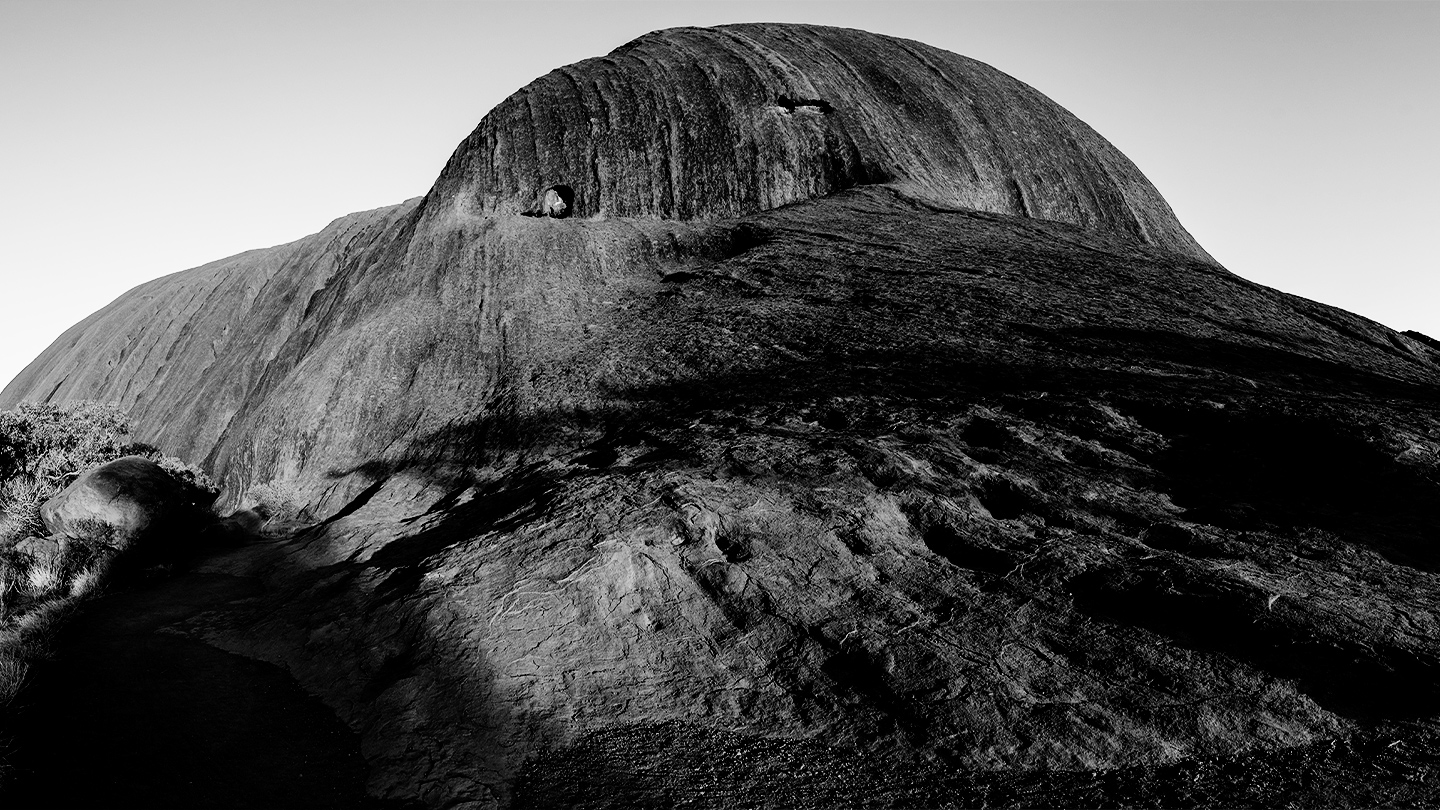Water governance 1788-present
For more than two centuries, Aboriginal people have largely been excluded from water governance laws and frameworks in NSW. This exclusion has been detrimental to Aboriginal people's rights and interests.
From 1788 and 1896, the management of the NSW colony’s water supply and sewage, guided by Governor directions (), local laws () and by a number of government bodies (), did not take into account the interests of Aboriginal people.
The Water Rights Act 1896 (NSW) gave the NSW government rights to the ‘use, flow and control of water’ and did not consider Aboriginal people (, ). Many subsequent laws were enacted to manage water in NSW, none of these laws took Aboriginal people into account (, , ).
Due to the exclusion from water governance for over two centuries, Aboriginal water management styles have been overlooked and marginalised, the environment has become degraded (see SUB0482), Aboriginal people’s ability to engage with water for sustenance, culture, spirituality and recreation has been impacted and Aboriginal people have been denied the economic benefits associated with water rights and usage (see SUB0484). See the Discussion and Analysis documents and Case Study documents for the impacts of the historical exclusion from water governance.
The Water Management Act 2000 (NSW) () was the first water law in Australia to acknowledge and address the rights and interests of Aboriginal people in water management. It introduced measures such as:
-
an objective ‘to recognise and foster… benefits to the Aboriginal people in relation to their spiritual, social, customary and economic use of land and water’; and
-
allowing Aboriginal people to participate in committees for creating water sharing plans that include rules for water use limits and transferring water licences.
Although the Minister initially formed committees to draft water sharing plans, the Minister decided not to use the plans created with Aboriginal people’s input and since 2004, the Minister decided not to form the committees to draft plans (, ).
In 2004, the Intergovernmental Agreement on a National Water Initiative (NWI) was reached between Australian States and territories, including NSW (). They agreed to ensure that Aboriginal people are represented in water planning; although progress is slow and there has been no material increase in the recognition of Aboriginal water rights. See SUB0295 for documents on the NWI and NSW’s compliance.
In 2007, the Australian government introduced the Water Act 2007 (Cth) () to manage the Murray-Darling Basin, Australia's largest river system spanning across QLD, NSW, SA and VIC. This Act established the Murray-Darling Basin Authority (MDBA) as the governing body responsible for developing and implementing a plan for water management in the Murray-Darling Basin.
The law stated that in making the Basin Plan, the MDBA had to 'have regard to... social, cultural, Indigenous and other public benefit issues' and was obligated to form an advisory committee with at least one Aboriginal member and an Aboriginal water subcommittee for consultation on community matters relating to Basin water resources ().
Released in 2012, the Basin Plan acknowledged Traditional Owners and Aboriginal water management styles and expressed support for cultural flows (Aboriginal water rights) (). It stated that objectives of Aboriginal people regarding water management must be ‘identified’ and Water Resource Plans must ‘have regard’ to them (). For more information refer to the Law and Policy and Discussion and Analysis documents.
In 2019, the MDBA was required to include an Aboriginal member (). The explanatory note stated:
‘[t]he commitment to appoint a standing Indigenous Authority member, through this Bill, recognises that Aboriginal people are the traditional custodians of the Murray-Darling Basin and have a role in management of water within the Basin. The Indigenous Authority member will be appointed to the position on the basis of their high level of expertise regarding Indigenous matters relevant to Basin water resources' ().
Despite reform, there has been issues with effective inclusion of Aboriginal people in water governance in NSW and there has been no material increase in water owned by Aboriginal people or organisations (see SUB0295).
The Discussion and Analysis documents in this subject consider both the current and historical exclusion of Aboriginal people’s interests and knowledge from water governance in NSW and the associated impacts, such as limited access to lands and waterways, environmental degradation, and social, cultural, economic, and health issues.
The law and policy in this subject is accurate as of 1 January 2023.
